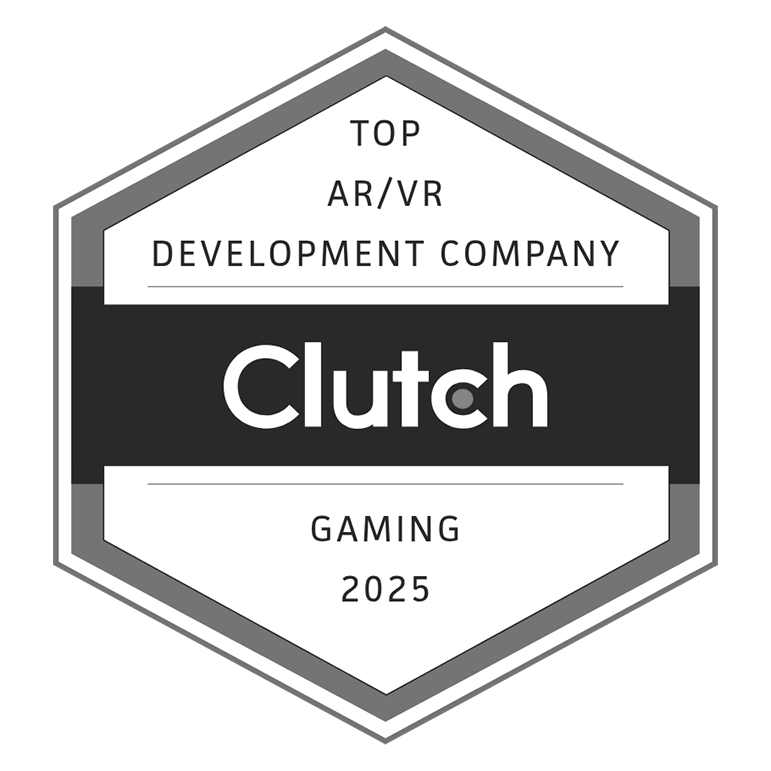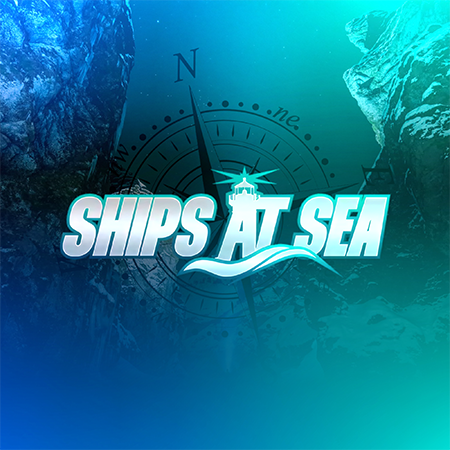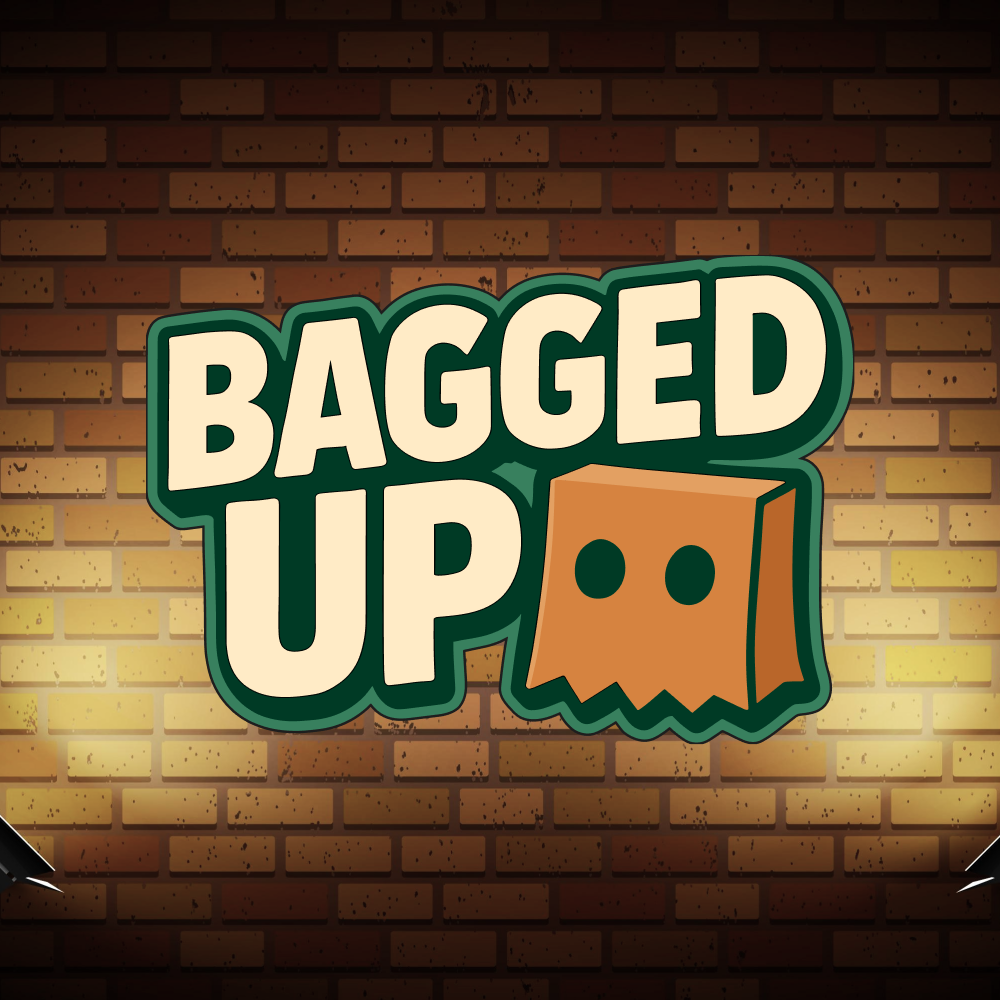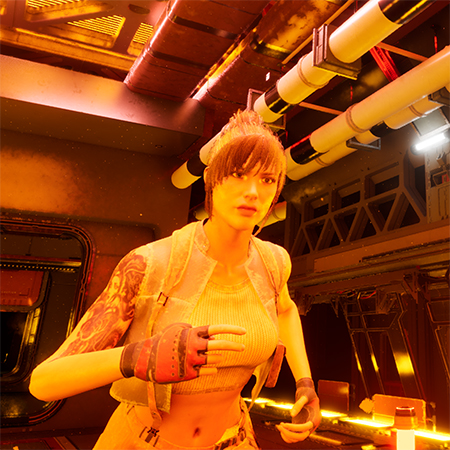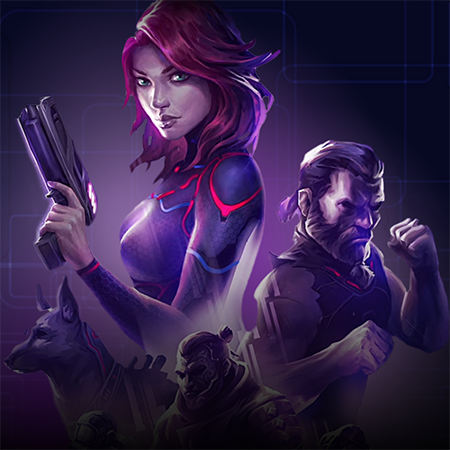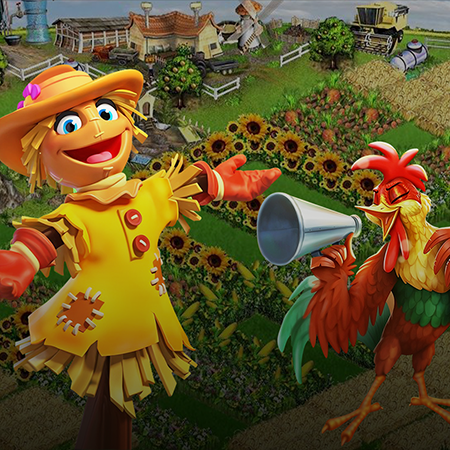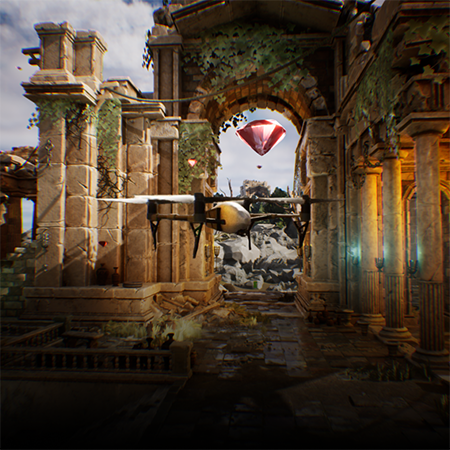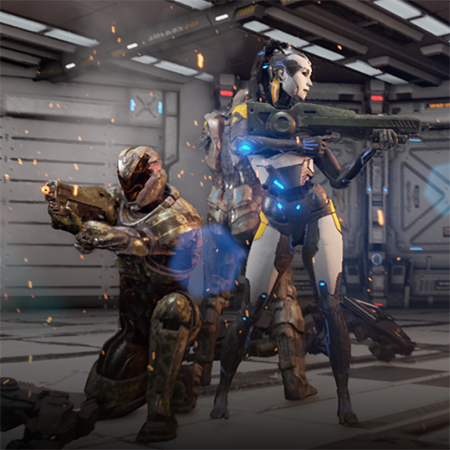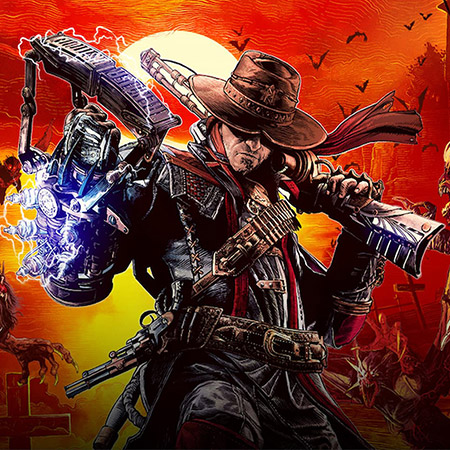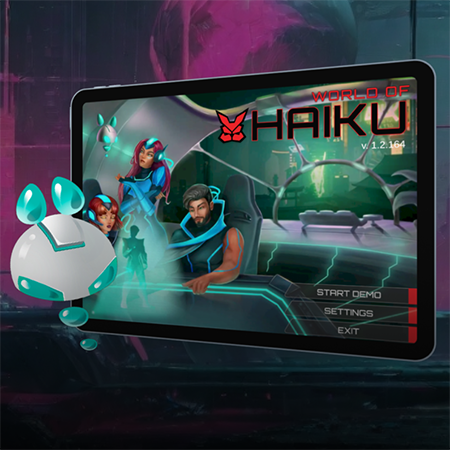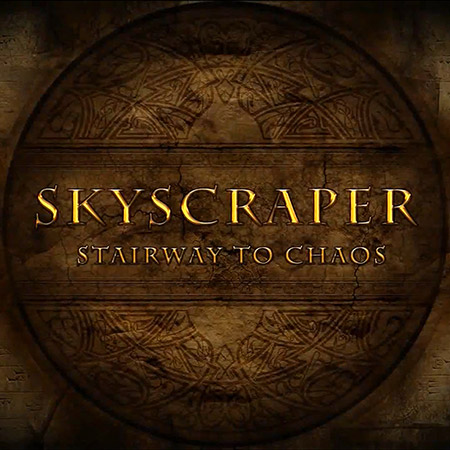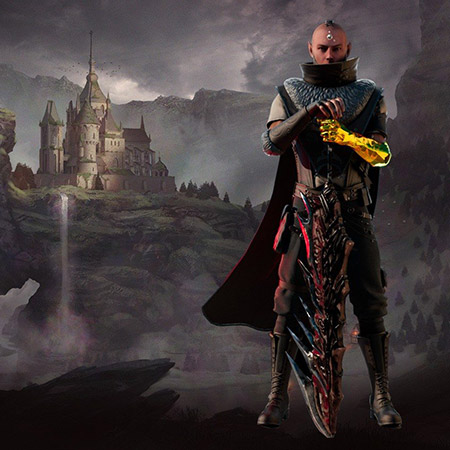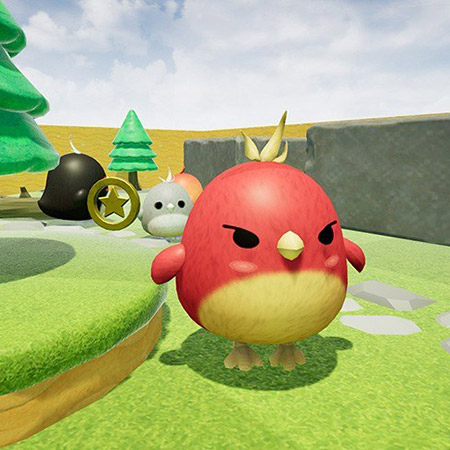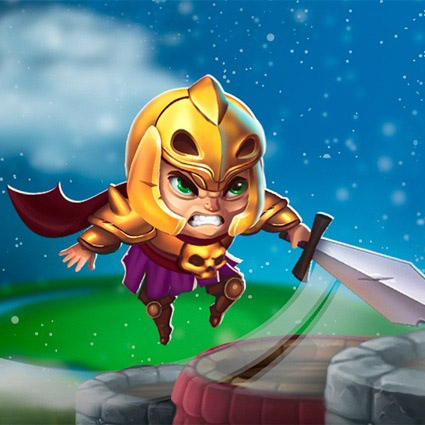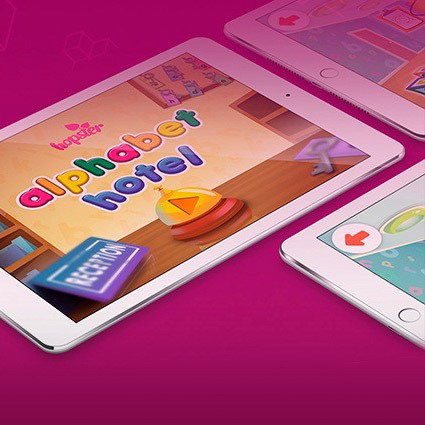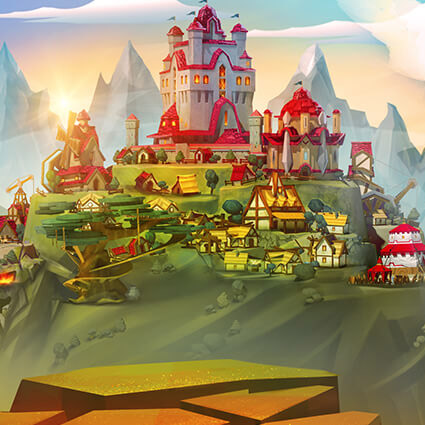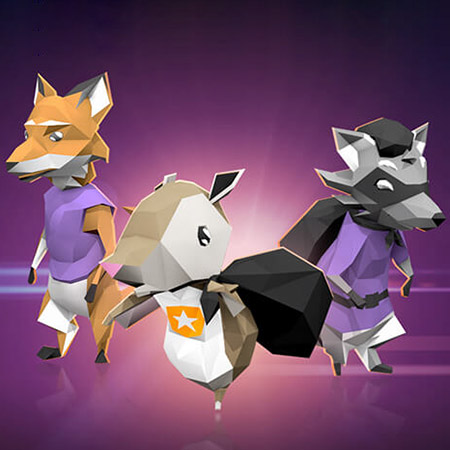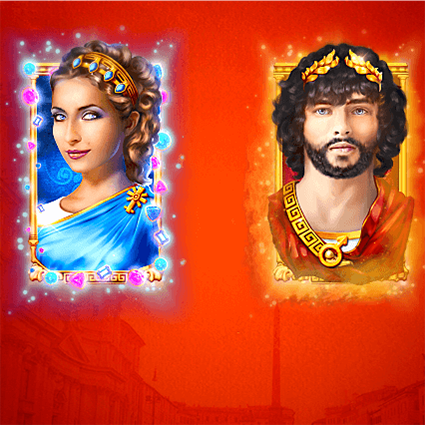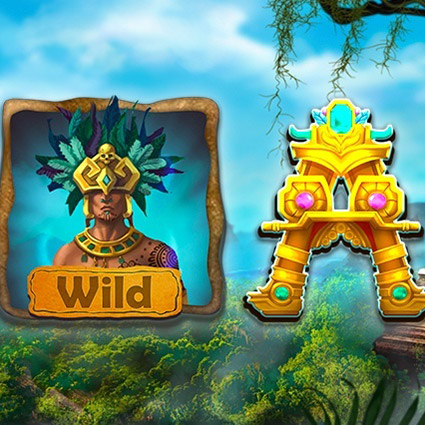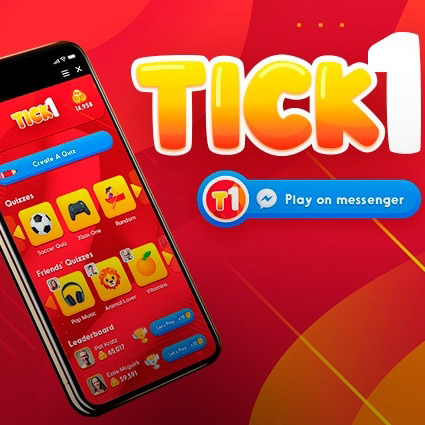"Early access" refers to a model in the video game industry where developers release a playable version of their game before its official launch. This version is often unfinished, allowing players to experience and evaluate the game while it develops. The approach serves as a midpoint between beta testing and a full-scale launch. But is it a viable choice for every developer? Let's explore.
Benefits of Early Access:
Feedback Loop. Developers can gather invaluable feedback from real players. This helps spot bugs, balance gameplay, and fine-tune based on genuine user experience.
Funding. For indie developers, early access can generate revenue that can be reinvested in the game, aiding its completion.
Building a Community. Engaging players early on fosters a dedicated community. Early adopters can become staunch advocates, creating organic buzz around the game.
Risk Mitigation. By gauging player reception early, developers can pivot or refine their approach, potentially averting large-scale failures post-launch.
Concerns with Early Access:
First Impressions. If the game is riddled with too many issues, it might deter players, leading to negative reviews and a tarnished reputation.
Completion Concerns. Some early access games have languished in development limbo, leading to player frustration.
Economic Saturation. Early adopters represent the most eager segment of your target audience. Once they've purchased, capturing new players at full launch can be challenging.
Should You Consider It?
Choosing early access depends on your goals and preparedness. If you have a clear roadmap for development and can manage player expectations, it's a worthy consideration. However, it's imperative to approach this model transparently, regularly updating players on progress and delivering on promises. If the game is too embryonic, or you're unsure about consistently meeting development milestones, it might be prudent to delay early access until a more refined version is ready.
In essence, while early access offers tangible benefits in feedback and funding, it's a double-edged sword that requires careful navigation to ensure positive player relations and game success.

















